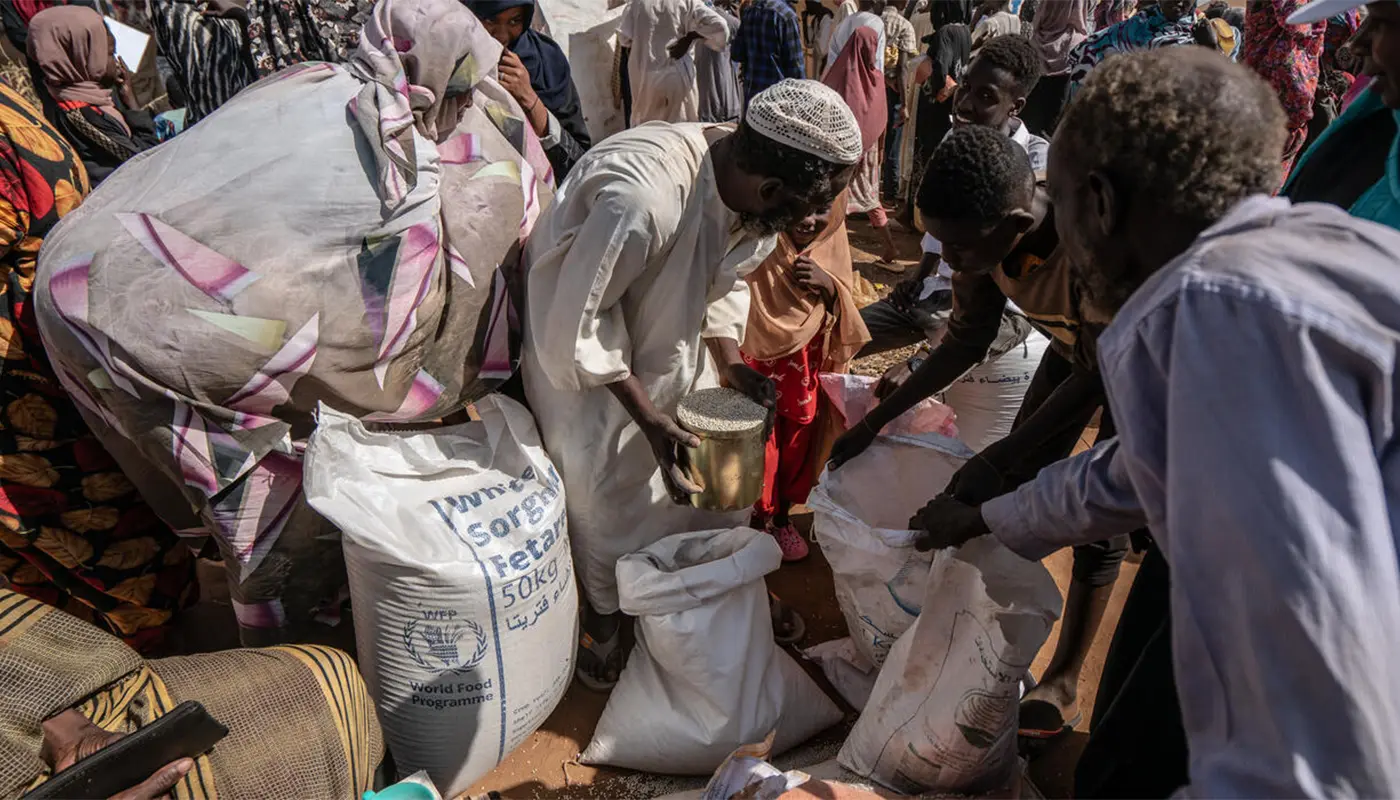GAZA – Humanitarian organizations and UN agencies warn that aid entering Gaza remains vastly insufficient to meet the urgent needs of its over 2 million residents. Amid ongoing conflict and strict border constraints, the humanitarian response is faltering and lives are at risk.
Aid Levels Dramatically Behind Demand
Only 95 aid trucks per day are currently entering Gaza—well below the estimated 600 needed daily, according to UN officials.
The UN states these deliveries are “nowhere near” sufficient to support the population amid escalating hunger and infrastructure collapse.
In March, the UN estimated that a staggering 83% of required food aid never reached Gaza, forcing families to ration, skip meals, or rely on water alone.
Disrupted Distribution & Rising Security Risks
Since May 2025, more than 1,373 Palestinians have been killed while seeking aid—some at U.S.-backed Gaza Humanitarian Foundation (GHF) sites and others near UN delivery points.
Aid trucks and convoys face mass looting by armed groups or desperate crowds, creating chaos and diverting life-saving supplies.
Health and Nutrition Collapse
Malnutrition and famine-level conditions are spreading rapidly. In July alone, 28 children died from malnutrition, and over 5,000 were diagnosed across Gaza.
A UN famine expert warns that beyond food, specialized medical care for malnourished children is urgently needed—but is dramatically lacking.
Water Crisis and Infrastructure Breakdown
Fresh water has fallen to 3–5 litres per person per day, far below the UN’s minimum of 15 litres, as infrastructure crumbles amid blockade and bombardment.
With 90% of electricity cut off, hospitals, water systems, and bakeries cannot function effectively, hampering aid distribution and critical services.
Appeals from Aid Agencies
Aid agencies, including OCHA and UNRWA, call for unhindered access to Gaza borders, expanded crossing points, and dramatic increases in aid flow, both in volume and security guarantees.
They emphasize that current stop-and-go operations and partial pauses offered by Israeli authorities are insufficient to prevent catastrophe.
Sources: Reuters, UN News, Anadolu Agency, Associated Press, The Guardian, Time, UNFPA








